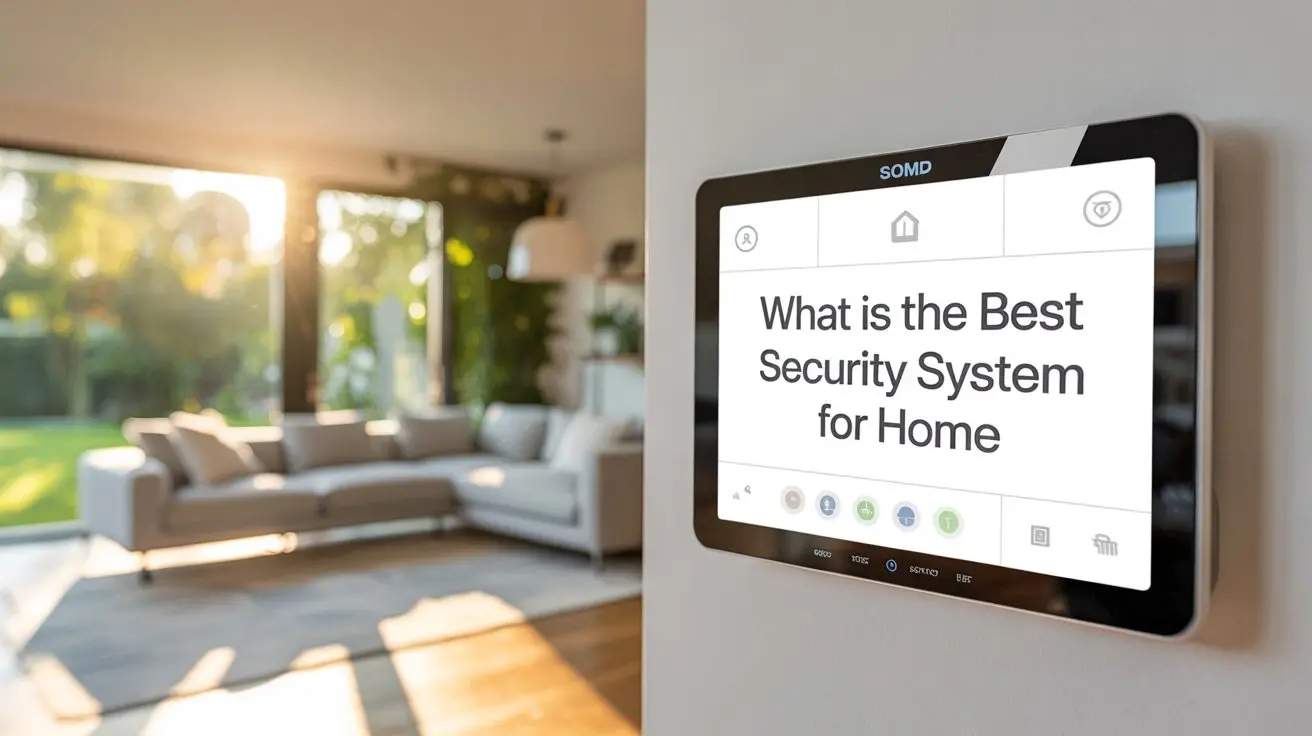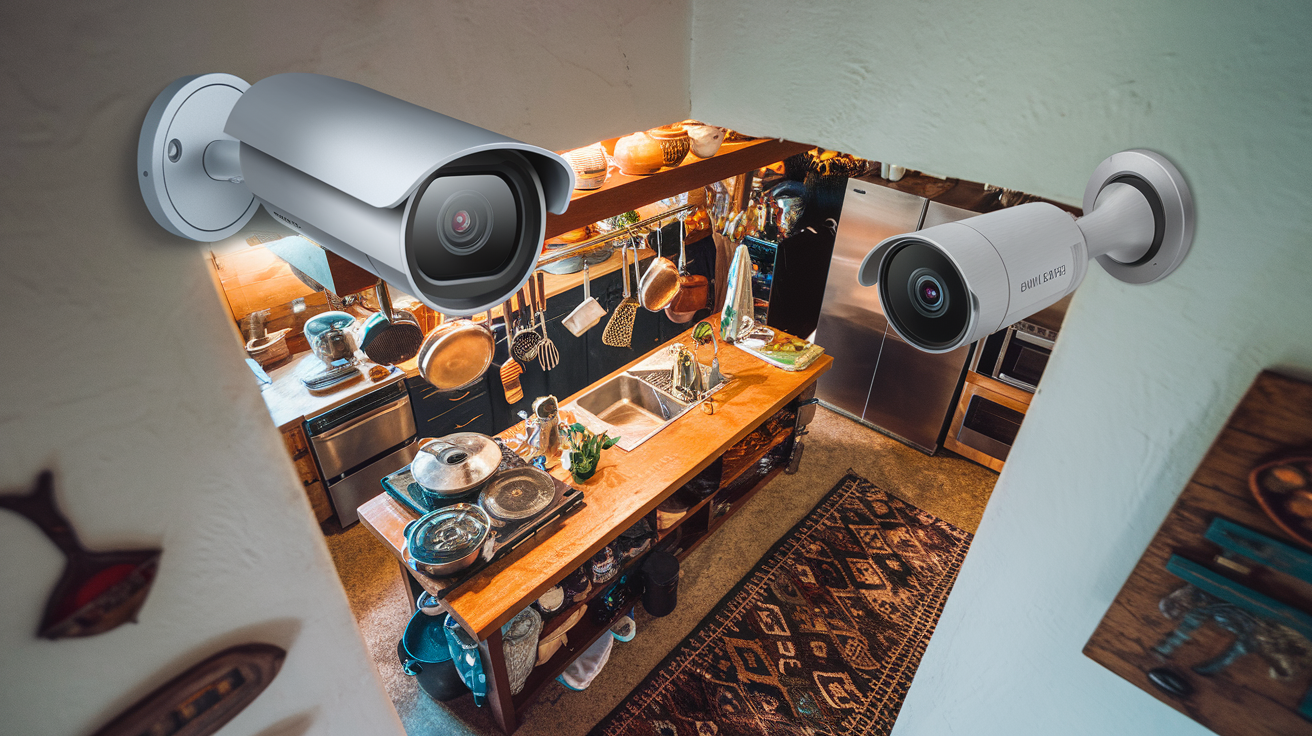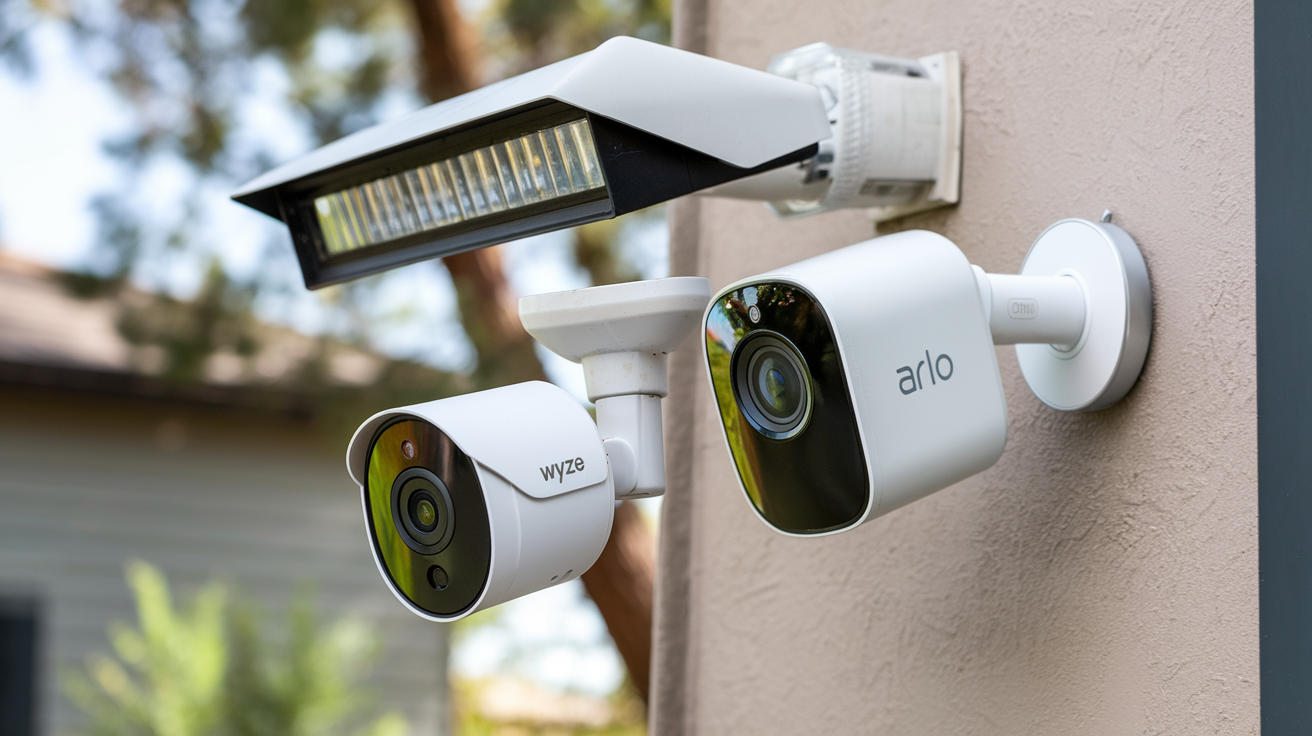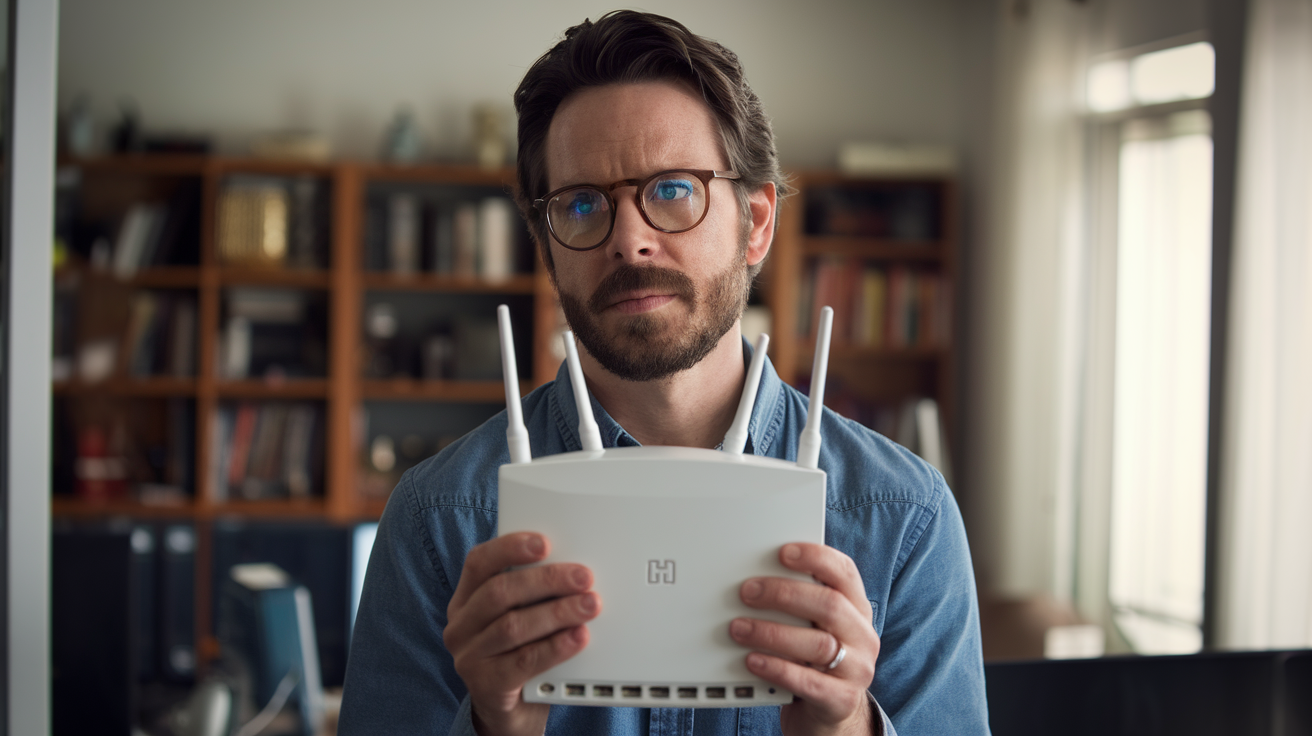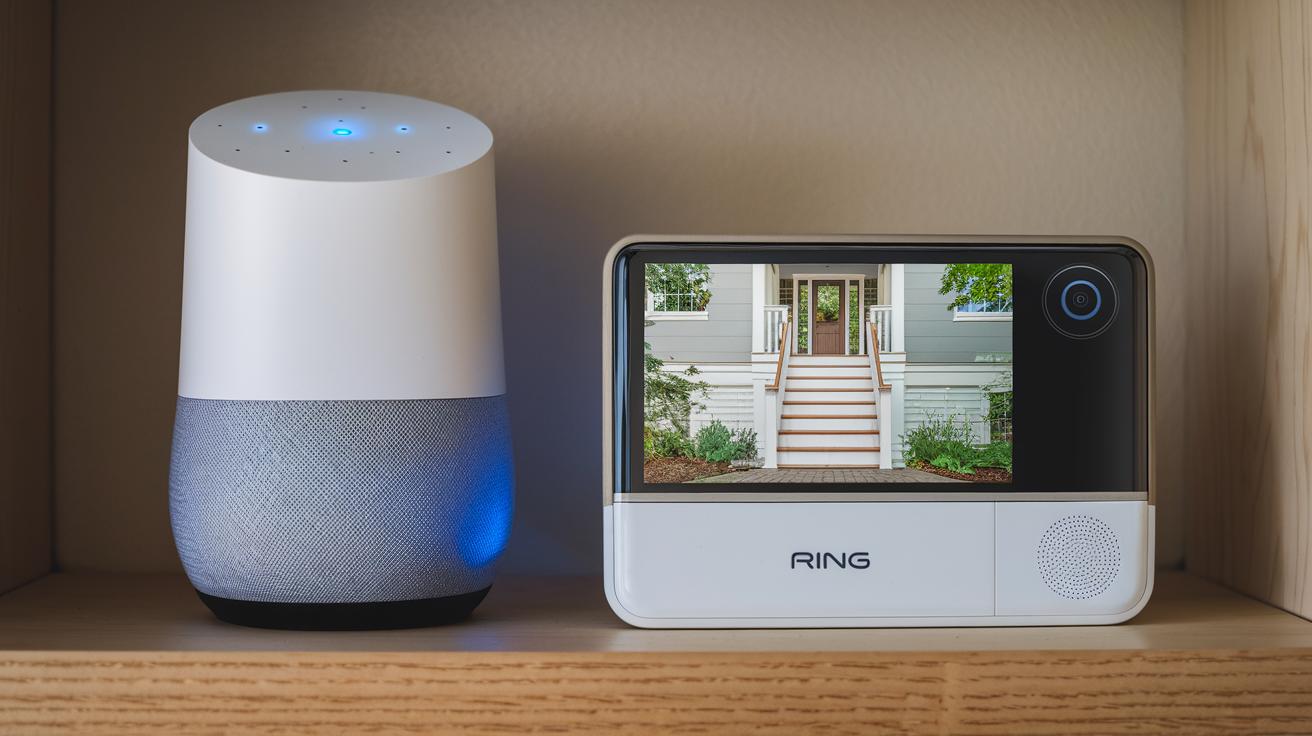When it comes to the protection of homes and families, it goes without saying that investing in the best security systems is paramount. Due to the availability of many systems, it is important to make a comparison and identify which system serves the client’s needs best. There are significant differences between Home Security Systems in terms of the options they offer, the level of protection they provide, the complexity of the installation process, the contractual terms, and the costs. In this article, I will discuss how to choose the right home security system and give you an overview of some of the best home security systems that are available in the market today.
Consider the Importance of Security and the Requirements
It is wise to assess your priority security concerns before getting into the specifics of certain systems. The technological needs of the organization, the amount of money that one is willing to spend, and the degree of security that one requires will assist in the elimination of suitable choices. It could also be that those in rural areas which may be far from the police/ emergency response may opt for systems with higher detection and video capabilities. Alarms that produce a siren that alerts people in a neighborhood when criminal activities are taking place are also useful for city dwellers living in congested areas. Certain systems may be identified in areas such as video monitoring, exterior protection, smoke/fire detection, and so forth but it is important to know what is required before evaluating specific systems.
Research Detection System Capabilities
Detecting abilities are an essential aspect when it comes to home security. The leading security service providers develop modern combination packages that include sensors, RFID tags on the items, panic buttons, and environmental hazards. Top-end systems detect fires/water leaks, supply backup batteries in case of power loss, and also have cellular systems to communicate through. Many also have an advanced analytics system to set up specific parameters that alert the account holder if there is suspicious activity. If possible, look for systems with multiple layers, which are technologically advanced for effective detection.
Consider Installation Requirements
Know whether a system is professionally installed, or if it can be installed by the owner of the security hardware. Hiring an expert helps in proper positioning, testing, and knowing how to disable the sensors when needed. But on the other hand, the professional installation is a bit expensive compared to the other procedures. DIY systems are cheaper from the start, but don’t mind having to teach yourself, and potentially electrical, hardware, and WiFi skills. Fortunately, most reputable security providers have support to help self-installers if they are stuck. Consider the pros and cons of installing a system yourself – does your skill level and desire match up to the job, and how does the cost factor into the equation?
Analyzing Equipment, Contracts, and Warranties
There are reliable home security firms that have equipment with warranties and cellular systems that are highly encrypted. Also, compare the warranties on different hardware components together with the monthly service contract specifications and terms. No-contract systems are more flexible and also can be more costly on a month-to-month basis than on a yearly or multi-year basis. Also, ensure systems undergo regular new software updates to minimize hacking vulnerabilities. Both equipment, contracts, and pricing are compared very cautiously to identify the best value.
Review mobile app and remote access.
Modern security employs smartphone apps to control the system, receive notifications, and watch videos. Discuss systems enabling efficient and natural user interfaces, as well as individual and multiple applications access. To get the best out of an app, it is advisable to look for applications with good ratings in the app stores. Make certain that apps support multiple platforms, iOS and Android with HomeKit integration on Apple and Google Assistant on Google. Check that video feeds come with clear high-definition recording, with motion-activated smartphone alerts and night vision functionality of the recorded video. The mobile experience plays an essential role in determining the usefulness of a system, so focus on the app’s performance.
Analyzing the Support and the Customer Service
Security equipment is no exception; they can be built very well but may need a little fixing occasionally. Before selecting a system, ensure that you have checked the ratings of after-sales customer service on places such as Consumer Affairs and BBB. Ensure that response times for phone, online chat, and email support and the hours of operation for the service are clearly stated. To ensure maximum satisfaction, choose security systems with the best customer relations that will address your concerns satisfactorily.
Top Recommended Security Systems
Given the above decision criteria on some of the top-rated home security systems worth considering:
Vivint Smart Home This top smart home security company has progressive, personalized protection features. They provide products such as doorbell cameras, door/window contact sensors, motion sensors with infrared vision, and smoke sensors. Vivint provides professional monitoring that is available 24/7 with a fast dispatch time of an average of 16 seconds. They have a user-friendly, multi-user remote access app with high-definition streaming and integration with Google Assistant. Although more costly than its rivals, Vivint offers excellent security, home automation integration, and customer service.
Frontpoint Famous for its cheap and do-it-yourself packages, Frontpoint envelops homes in state-of-the-art security without fuzzy procedures. These are touch panel and motion sensors, door/window alarms, glass break detectors, smoke and temperature sensors, and panic pagers. Interactive real-time video broadcast through smartphone applications allows for distant system management regardless of the user’s location. Although Frontpoint is not a do-it-all home automation system, it offers optimal life-safety protection with customizable monitoring services.
SimpliSafe Where SimpliSafe shines is where you can implement it yourself easily at a very low monthly fee. Their acclaimed systems include motion, environmental, and entry sensors that trigger loud 95db sounders which draw community attention during break-ins. Applications have control options, instant alert updates, and compatibility with smart assistants. Though lacking in camera security and smart home integration, it provides powerful core protection in customizable, no-contract plans.
ADT Having been an industry player since the 1870s, ADT has fine-tuned security to professional 24/7 monitoring and lightning-quick response. Customizable systems have HD cameras, two-way talk, environmental/temperature sensors, and minimal false alarms due to advanced analytics. ADT also has compatibility with smart home Z-Wave gadgets and enables web-based control of lights, doors, and thermostats. While it commands monthly fees that are a bit higher compared to other providers, ADT offers comprehensive protection with human supervision.
Final Thoughts
The need for home security differs from one homeowner to another, but, the ideal home security systems cover full interior and exterior motion sensitivity together with live cams or recorded videos. They also have secure emergency connectivity along with mobile controls in case of the worst-case scenarios. By balancing between detection capabilities, equipment, installation requirements, and monitoring contracts, it becomes easier to find the best solutions. They also compare the customer service offering to make sure they get competent assistance when needed. Dedicate time to research and identify necessary home security solutions before choosing options that meet the lifestyle and affordability standards.
Protect your home today with ADT’s top-rated security solutions!
Call now at +1 877-470-7879 to get a free consultation and find out how you can secure your home with the best in the business. Don’t wait—ensure your peace of mind with ADT!
